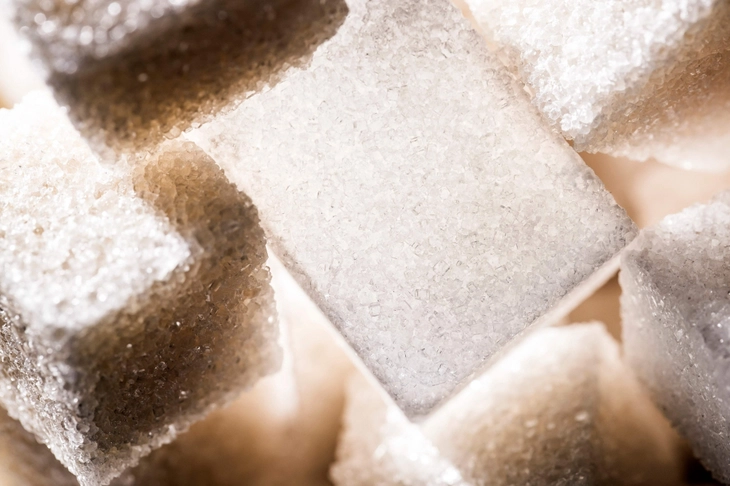
Chinese scientists have just announced a breakthrough in technology to turn CO₂ into sugar - Photo: AFP
A research team at the Tianjin Institute of Industrial Biotechnology, Chinese Academy of Sciences (CAS), has successfully developed a method to convert methanol - a simple alcohol - into white sugar (sucrose), creating the premise to turn captured CO₂ into food.
The method, based on an in vitro biotransformation (ivBT) system, can synthesize sucrose without the need to grow sugarcane or sugar beets, which are land- and water-intensive crops. In addition to sucrose, the system can also be adapted to produce other complex carbohydrates such as fructose and starch.
"Artificial conversion of CO₂ into food and chemicals is a promising strategy to simultaneously address environmental and population challenges and contribute to the realization of carbon neutrality," the team said in a publication in the journal Science Bulletin (May 2025).
While much progress has been made in reducing CO₂ into simpler molecules, synthesizing long-chain carbohydrates – which are abundant in nature – remains a major challenge. By designing and optimizing the process, the Chinese team was able to create short reaction steps that required little energy, achieving a conversion efficiency of up to 86%.
The new ivBT system not only converts methanol to sucrose for the first time, but also synthesizes starch with lower energy consumption than previous methods. The platform can also be extended to produce other compounds such as amylose, amylopectin, cellobiose, and oligosaccharides, which have potential applications in food and pharmaceuticals.
According to the research team, methanol used in the process can be produced from CO₂ hydrogenation or from industrial waste.
Earlier in 2021, another team from the Dalian Institute of Chemical Physics (also under CAS) announced a low-temperature, high-efficiency methanol production technology from CO₂, paving the way for the application of CO₂ as a sustainable raw material.
China currently consumes about 15 million tons of sugar each year, of which 5 million tons must be imported. Large-scale sugarcane and sugar beet cultivation is putting heavy pressure on land and water resources, especially as the global population continues to grow and the climate changes. Therefore, developing technology to produce sugar "without crops" is considered a strategic direction.
“Our system provides a promising, plant-independent approach to de novo synthesis of structurally diverse carbohydrates,” the authors note. They hope this platform will lay the foundation for flexible and “carbon-negative” biofactories in the future.
Although the initial results are promising, the team admits that further optimization of the enzyme, improvement of the system's stability, and verification of industrial scalability are needed in future studies.
Source: https://tuoitre.vn/tao-ra-duong-an-tu-co-khong-can-mia-hay-cu-cai-duong-20250714134330787.htm


![[Photo] National Assembly Chairman Tran Thanh Man attends the VinFuture 2025 Award Ceremony](/_next/image?url=https%3A%2F%2Fvphoto.vietnam.vn%2Fthumb%2F1200x675%2Fvietnam%2Fresource%2FIMAGE%2F2025%2F12%2F05%2F1764951162416_2628509768338816493-6995-jpg.webp&w=3840&q=75)




![[Photo] 60th Anniversary of the Founding of the Vietnam Association of Photographic Artists](/_next/image?url=https%3A%2F%2Fvphoto.vietnam.vn%2Fthumb%2F1200x675%2Fvietnam%2Fresource%2FIMAGE%2F2025%2F12%2F05%2F1764935864512_a1-bnd-0841-9740-jpg.webp&w=3840&q=75)
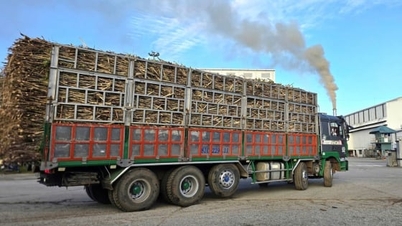

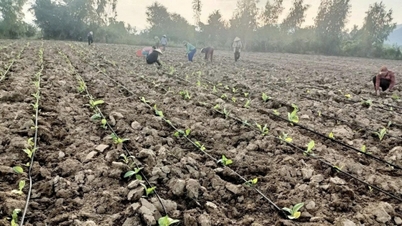
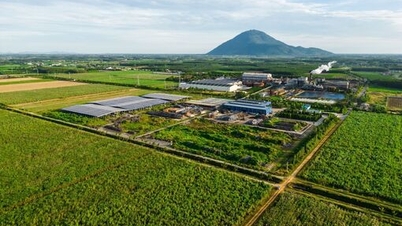





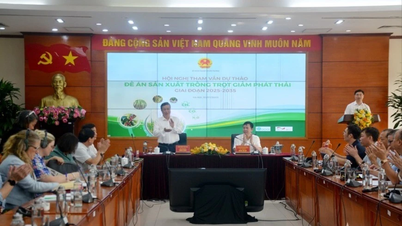
















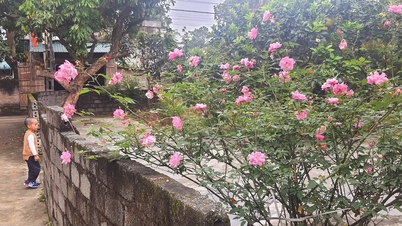



















































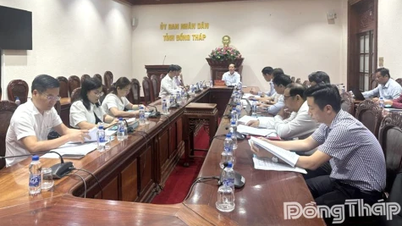



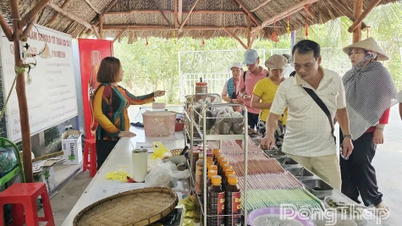
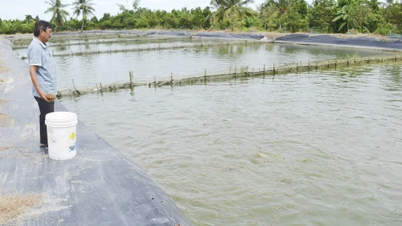
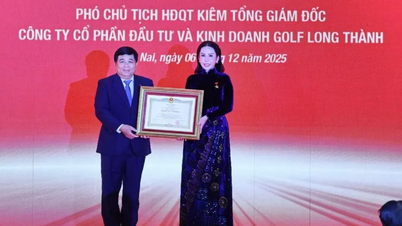


















Comment (0)